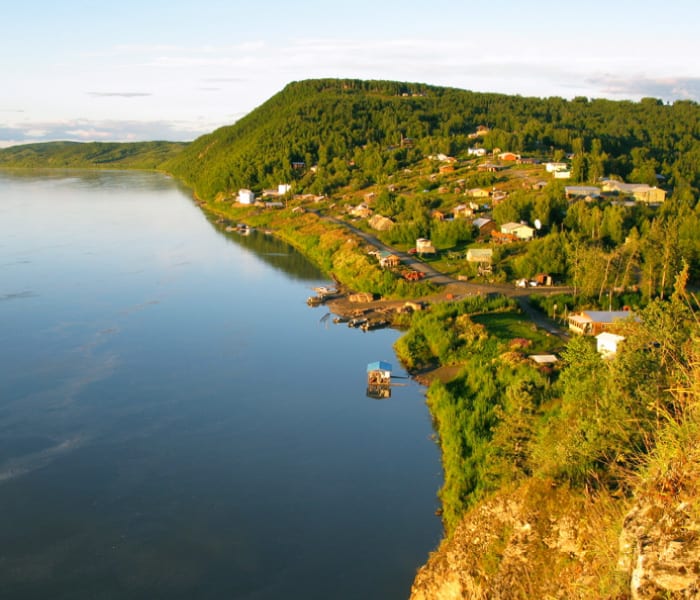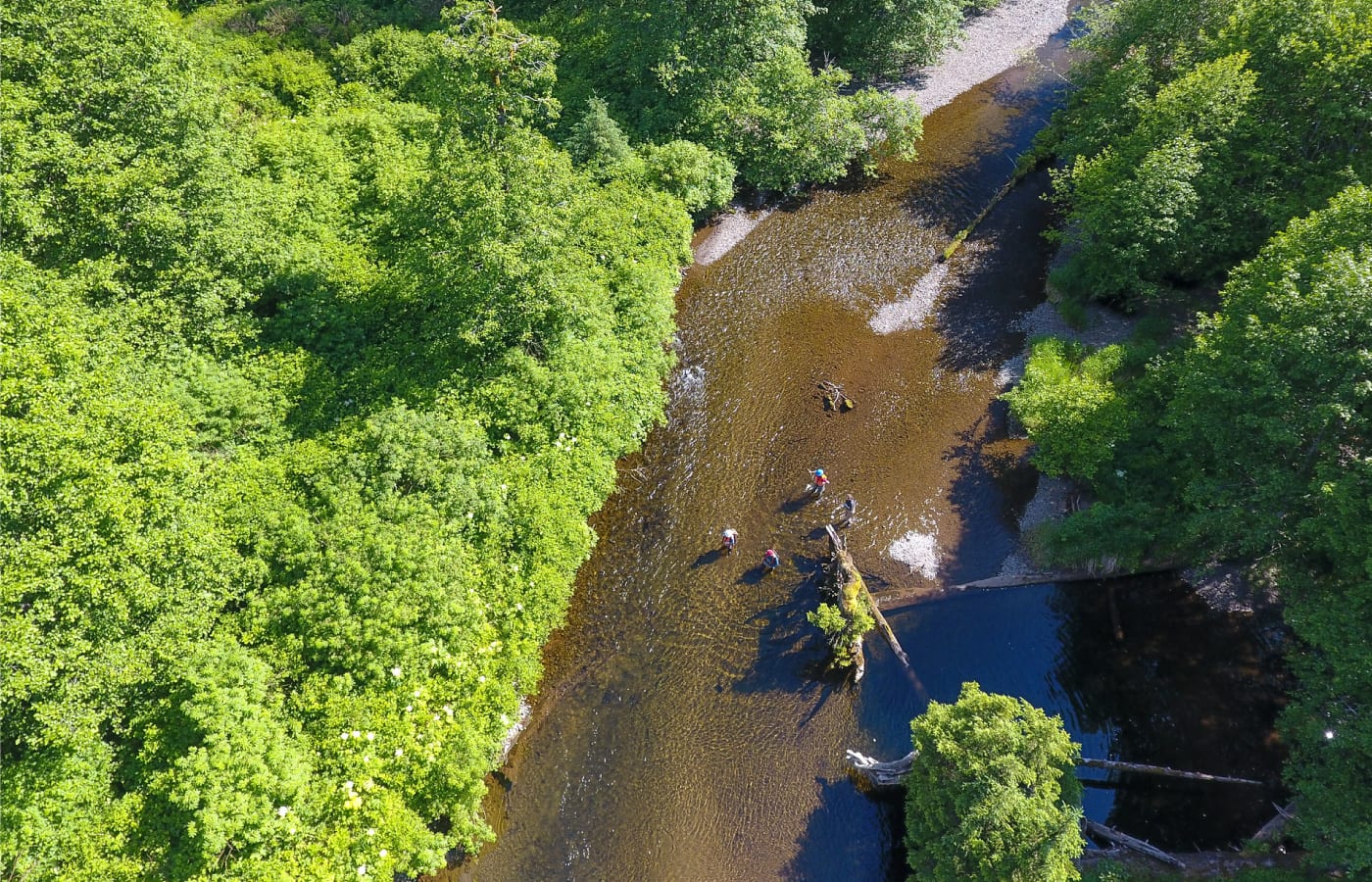Through the Energy Technology Innovation Partnership Project (ETIPP), REAP and our partners in Maine, Hawaii, North Carolina, Alaska, National Renewable Energy Laboratory, Pacific Northwest National Laboratory, Sandia National Laboratories, and Lawrence Berkeley National Laboratory work alongside communities to identify and advance strategic, whole-system energy solutions that prioritize community values, needs, and goals.
ETIPP’s collaborative, community-driven approach ensures remote, islanded, and island communities acquire the skills and tools to make decisions that are best for them and accelerate sharing best practices and innovations across technologies and sectors.
The need for capacity building and knowledge sharing
An estimated one billion people on the planet have no electricity, and another 700 million people generate their power from diesel fuel.
Many of these communities are located in remote areas, on islands, or on “islanded” grids that are not connected to other grids. And an increasing number have installed, or are looking to install, renewable power systems that can reduce their reliance on fossil fuels and increase energy resilience.
Resilience in this context is the ability to anticipate, prepare for, and adapt to changing conditions and withstand, respond to, and recover rapidly from disruptions through adaptable and holistic energy planning and technical solutions.
ETIPP’s collaborative, community-driven approach ensures remote, islanded, and island communities acquire the skills and tools to make decisions that are best for them and accelerate sharing best practices and innovations across technologies and sectors among similarly situated jurisdictions or regions. ETIPP is supported by the National Renewable Energy Laboratory, Pacific Northwest National Laboratory, Sandia National Laboratories, and Lawrence Berkeley National Laboratory.

Communities can expect to receive guidance, training, and support from technical experts who fit the needs outlined by the community.
Every year, ETIPP select a cohort of remote, islanded, and island communities from the national applicant pool to receive technical assistance. By participating in ETIPP, communities receive guidance, training, and support from the national lab technical experts who best fit the needs outlined by the community.
Through the first four ETIPP cohorts, REAP has worked with a total of 15 Alaskan communities across the state to develop energy plans, assess different resources and technologies, develop energy resilience strategies, identify funding opportunities, and educate community members about energy needs and possibilities.
Technical Assistance Available
Areas of energy resilience planning assistance can include but are not limited to:
- Planning for community renewable energy project development
- Expert guidance to support integration of energy storage with other renewable technologies
- Microgrid and hybrid systems analysis and planning
- Training and capacity building for community members on renewable energy, energy efficiency, and carbon-reduction activities
- Tools and resources (templates, guides, etc.) to support the development of contracting requests and procurement for services for energy resilience execution (for example, contract assistance for community solar projects or pilot marine energy technology projects)
